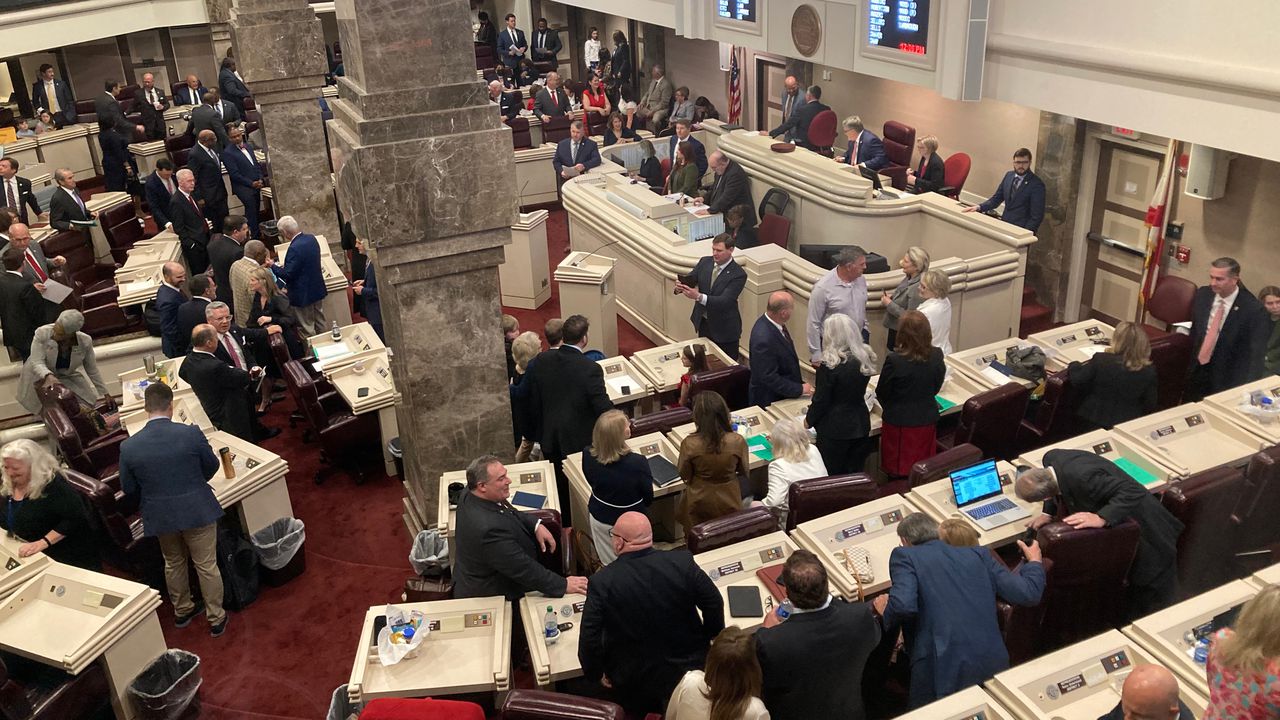House considering bill to ban holding cell phone while driving
The Alabama House of Representatives debated a bill today that would make it illegal to hold a cell phone while driving in Alabama, with exceptions.
Lawmakers talked about the bill for more than two hours and considered several changes before deciding to postpone a final vote. A motion to carry over, or postpone action on the bill, passed by a vote of 56-41.
Alabama law already prohibits texting while driving. The bill, by Rep. Randy Wood, R-Anniston, would expand that restriction to ban holding a cell phone to carry on a conversation. The ban would not apply to drivers who use earphones, Bluetooth, or some other hands-free technology or device to carry on a phone call.
Wood said the purpose is to prevent the loss of lives from distracted driving.
The bill is not new. Former state Rep. K.L. Brown, R-Jacksonville, had sponsored it for several years. The House rejected Brown’s bill by narrow margins the last two years. Brown did not run for re-election last year.
A first conviction under the law would carry a fine of $100 or 15 months of community service. A second conviction within a 24-month period would carry a $200 fine or 30 hours of community service. A third conviction within 24 months would result in a $300 fine or 45 hours of community service.
During debate on the House floor today, Black lawmakers expressed concern that the law could be abused to stop Black drivers without just cause. The House adopted an amendment by Rep. Laura Hall, D-Huntsville, to require law enforcement agencies to keep records of the race and ethnicity of drivers who are charged under the law. That statistical information would be reported to the Alabama Law Enforcement Agency, which would be reported annually to the governor and the Legislature.
The bill includes a number of exceptions to the ban on holding a cell phone. The ban would not apply to a driver who is parked, or a driver who is using the phone to call for emergency services. It would not apply to law enforcement, medical emergency responders, firefighters or utility workers responding to an emergency.
